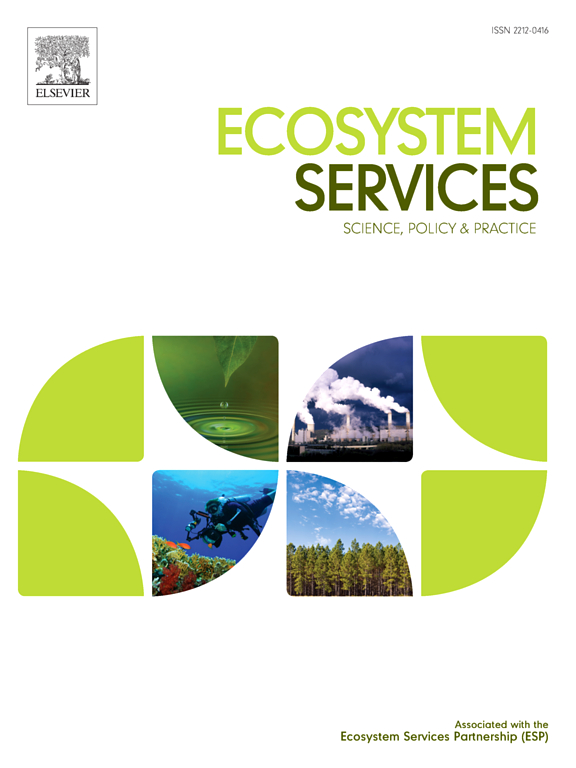National mapping and assessment of ecosystem services projects in Europe – Participants’ experiences, state of the art and lessons learned
Abstract
Backed by the Biodiversity Strategy to 2020 and 2030, numerous ‘Mapping and Assessment of Ecosystem Services’ (MAES) projects have been completed in recent years in the member states of the European Union, with substantial results and insights accumulated. The experience from the different approaches is a valuable source of information for developing assessment processes further, especially with regard to their uptake into policy and more recently, into ecosystem accounting. Systematic approaches towards best practices and lessons learned from national MAES projects are yet lacking. This study presents the results of a survey conducted with participants of national MAES projects overviewing 13 European MAES processes. Focus hereby is put on the types of methods used, the assessed ecosystem services, and the perceived challenges and advancements. All MAES projects assessed ecosystem services at several levels of the ecosystem service cascade (69% at least three levels), using a diverse set of data sources and methods (with 4.7 types of methods on average). More accessible data was used more frequently (e.g., statistical and literature data being the most popular). Challenges regarding policy uptake, synthesizing results, and data gaps or reliability were perceived as the most severe. Insufficient evaluation of uncertainty was seen as a major critical point, and emphasized as crucial for uptake and implementation. Moving towards accounting for ES in the frame of environmental-economic accounts, considering uncertainties of ES assessments should be even more important.

 求助内容:
求助内容: 应助结果提醒方式:
应助结果提醒方式:


